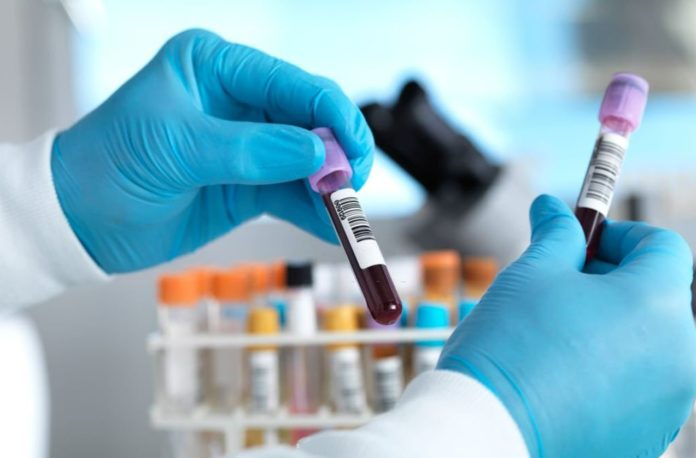According to experts, an additional blood test on suspected heart attack patients could predict if they are at an increased risk of dying within the next three years.
The C-reactive protein (CRP) test helps in the detection of inflammation and is already used in hospitals to diagnosis other illnesses.
It could help doctors in determining which patients require more intensive treatment and monitoring.
The National Heart and Lung Institute claims that this could save lives.
Doctors now test for the troponin protein, which is released into the bloodstream when the heart is injured, according to the British Heart Foundation (BHF), which sponsored the research, which was published in the journal PLoS Medicine.
However, researchers at the National Heart and Lung Institute and the National Institute for Health Research’s Health Informatics Collaborative discovered that CRP tests revealed a more complete picture.
They analyzed data from over 250,000 people who were admitted to the hospital with a heart attack suspicion.
Researchers are now planning to test the anti-inflammatory medicine colchicine on patients with high CRP levels. Colchicine has been shown to be beneficial against atherosclerosis, a build-up of fatty deposits in the arteries that increases the risk of a heart attack.
“The CRP test is not in the guidelines for a suspected heart attack yet – and therefore is not routinely ordered when a patient presents with a suspected heart attack,” said lead researcher Dr Ramzi Khamis to BBC News.
“It may get proposed for consideration to be included in future [European] Society [of Cardiologists] or NICE [National Institute for Health and Care Excellence] guidelines, which would take all the data into account before issuing a recommendation for its routine use.”
The BHF’s Prof James Leiper describes the test as a “valuable new tool.”
“By better identifying which people are most at risk, this simple blood test could help to direct anti-inflammatory treatments to those who most need it.”
The following are some of the signs and symptoms of a heart attack:
- chest pain – a sensation of pressure, heaviness, tightness or squeezing across the chest
- pain in other parts of the body – it can feel as if the pain is spreading from your chest to your arms (usually the left arm is affected, but it can affect both arms), jaw, neck, back and abdomen
- feeling lightheaded or dizzy
- sweating
- shortness of breath
- feeling sick or being sick
- an overwhelming sense of anxiety (similar to having a panic attack)
- coughing or wheezing
The discomfort in the chest might be excruciating, but it can also be mild, like indigestion.
While both men and women feel chest pain as the most common sign of a heart attack, women are more likely to experience other symptoms such shortness of breath, nausea/vomiting, and back or jaw discomfort.
Source: 10.1371/journal.pmed.1003911
Image Credit: Getty
You were reading: This simple blood test can predict if heart-attack patient dying in next 3 years
